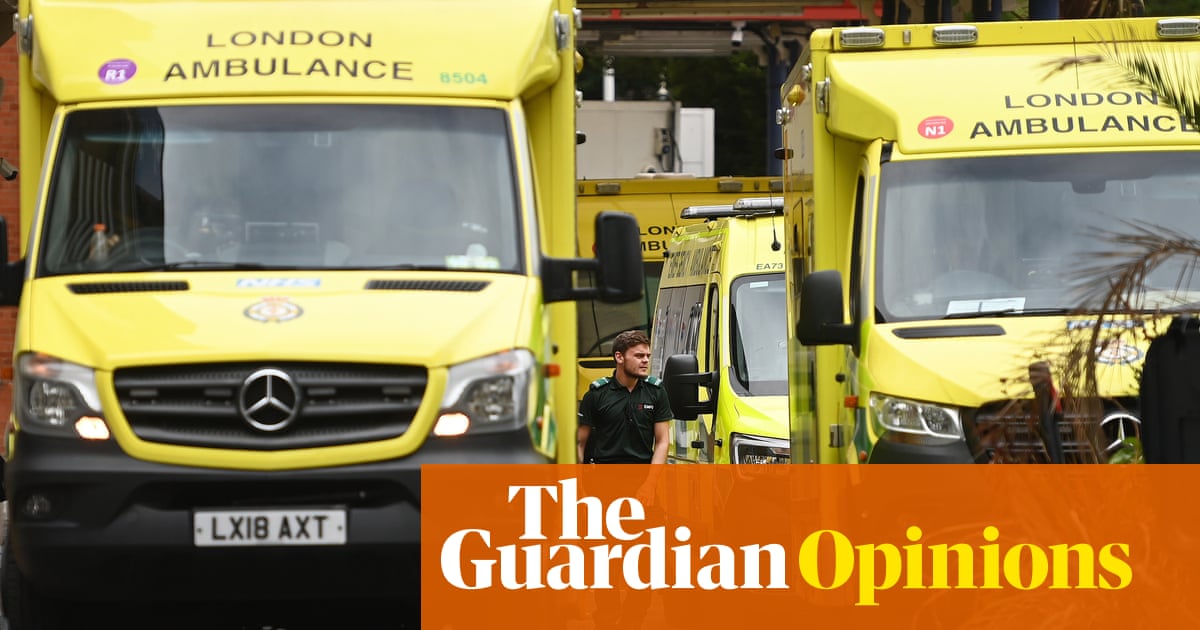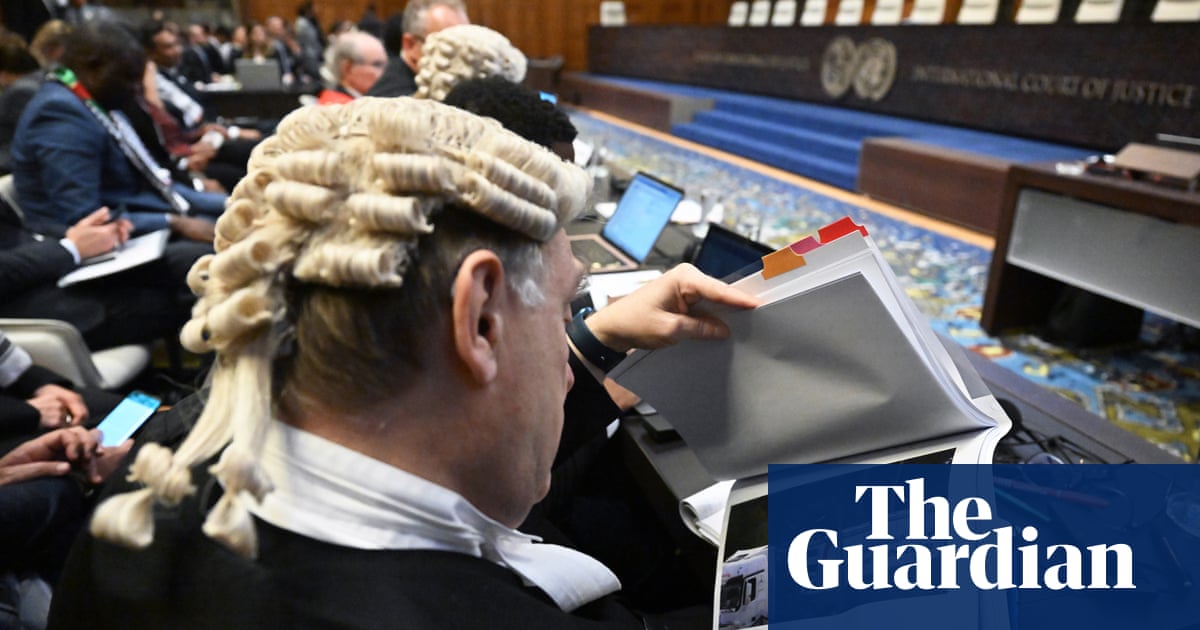
It is the most sickening league table on Earth. Which of the world’s three current major wars has resulted in the most deaths? On the latest figures, the Russia-Ukraine war has left more than 200,000 dead in two and a half years, overwhelmingly soldiers. The Hamas attack and ensuing Israeli assault on Gaza has registered 43,000 mostly civilian deaths, according to official figures (though in July a Lancet article estimated the Gaza toll could reach as high as 186,000 as a result of its destroyed public infrastructure).
The Sudanese civil war, which began last year, has death toll estimates that vary wildly. According to medics in the region, the number of people killed could be between 20,000 and an even more horrifying 150,000. This follows some 2 million deaths over two wartorn decades in South Sudan and Darfur. It is estimated that since April 2023, more than 7 million Sudanese have been driven from their homes and face starvation in the desert. Their stories rarely feature in the news.
We care about Ukraine and we care about Gaza. We care enough to supply one side or the other with weapons and aid. Do we care about Sudan? Or rather, do we care enough to do something, beyond sitting back and saying something must be done?
One of the most instructive documentaries I have ever seen was recently shown on BBC Four. Corridors of Power: Should America Police the World? investigated eight instances of US involvement in global conflicts since the end of the cold war. With an hour devoted to each, three were in Africa, in Rwanda, Libya and Darfur. In each case, a US that boasted of its “indispensable” right to police the world was faced with putting words into action. Mostly it was found wanting.
The programmes were built around interviews with those present at White House meetings with successive presidents. An all-star cast that included Colin Powell, Condoleezza Rice, the late Henry Kissinger and others in Washington and on the ground, recalled fierce arguments back and forth. In the case of the war in Sudan’s Darfur – a genocidal struggle lasting from 2003 to 2020 – reports would flood in of massacres, rapes and hordes of refugees. The world was screaming for the US to “do something”. But the response was always: “Yes, but what?”
George W Bush was frantic to be “on the right side of history”. He pleaded for helicopter gunships to stop the genocide. The military asked what it could do in a vast African desert peopled by roaming bands. Did the US want to rule Sudan as well as Afghanistan and Iraq? When in 2010 the International Criminal Court indicted Sudan’s dictator, Omar al-Bashir, for genocide, he merely tightened the noose on the already desperate aid agencies, even banning some altogether.
So often the basis of non-interventions by the US seemed as confused as its interventions. Did a particular conflict affect US security, or its commercial interests, or a group of its own citizens? Meanwhile, the short-term gain of “looking good” regularly seemed to override the longer-term question of what happens next.
In Kuwait and Bosnia, the interventions worked. In Libya and Somalia they did not. In Rwanda a decision not to intervene looked callous, as did non-intervention in Darfur. Ten years later, in 2019, the Sudanese themselves revolted and toppled Bashir. Perhaps it is what the US should have done. But within four years, Sudan had returned to a brutal civil war that continues to this day.
Time and again in the documentary, the voice of sanity – often Powell – said the same thing. We must have a plausible strategy. If we intervene, then what? If you break a country then you will own it. It is fine to demand that “something must be done”, but those demanding it never say what that something is, or by what right the US “does” it. In a moving image, Barack Obama, battered by cries for action in Sudan, stands gazing disconsolate and indecisive out of a White House window. It could as well be Joe Biden today.
The parties in a civil or border war often have leaders too insecure to compromise until they are exhausted by war. In Sudan in May last year, the US and Saudi Arabia did try to bring together the two Sudanese factions in a ceasefire. It lasted a matter of days. In Israel and in Ukraine, the US merely took the route of backing one side and hoping to expedite victory.
Anyone studying Sudan at present can easily despair. It appears that the cliche applies: give war a chance. In such cases there can be only one response to the revulsion we experience daily from the news. It was one that the western powers deployed during the long Darfur war. At the very least, human suffering should be relieved, and so Bush in Washington airlifted hundreds of thousands of tonnes of food aid across the Sudan border from Chad.
The UN charter’s much vaunted collective security and its “responsibility to protect” are nowadays all but dead letters. The leaders of the US may pretend to have taken over and become the world’s police. But the reality is that when states decide to massacre their neighbours and even their own citizens, outsiders rarely serve any good.
That is why there is nothing “to be done” in Sudan by the kneejerk interveners, the wielders of bombers and gunships, or resolutions and sanctions. As war reaches its own termination, its real heroes are elsewhere, in the UN and other agencies whose task is to relieve the agony of the civilian population. They are the ones enduring war’s nightmares in Gaza and Sudan. They are the true humanitarian interveners, merchants not of a spurious peace but of life itself.
Simon Jenkins is a Guardian columnist












